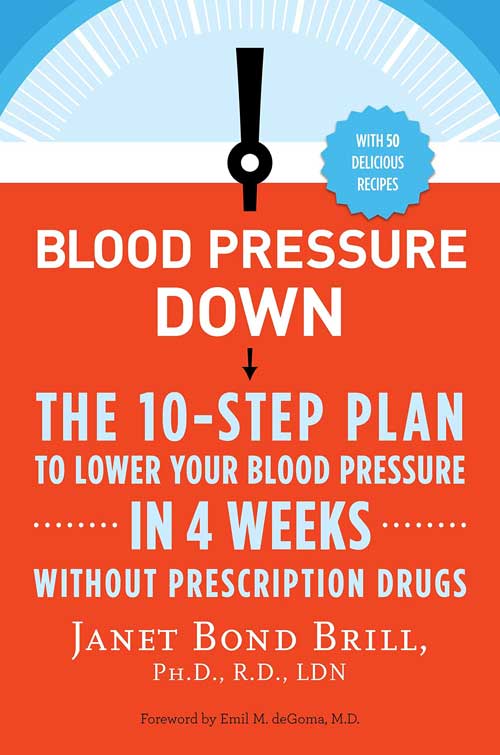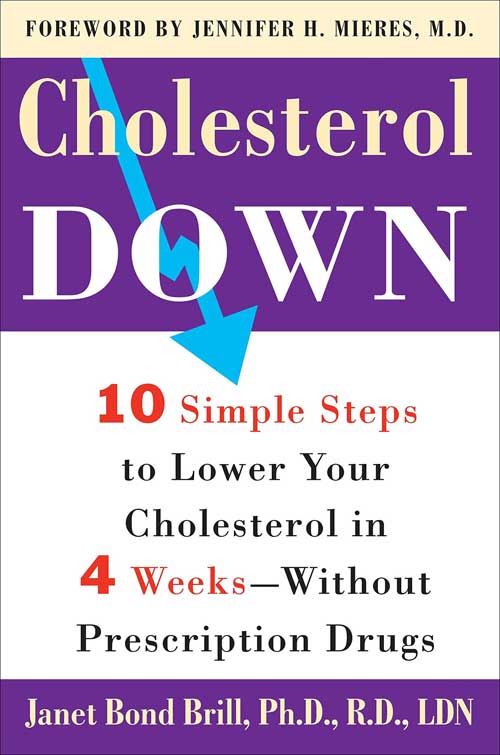By

Physical activity is normally considered an essential part of an active lifestyle. But there are very real risks and complications associated with exercise that certain people need to be aware of. Some of these complications can be pretty serious and even result in death. Although the risk is extremely low for this happening during the activity, precautions are always recommended.
Several reports suggest that sudden cardiac arrest is one of the serious problems that can happen during exercise. The Journal of the American College of Cardiology reveals that although the range of sudden cardiac death was small in high school athletes, it was higher in male athletes.
The blood circulation to the heart muscle can be impaired during exercise. When this happens, it causes damage to the aorta/wall of the heart tissue. The end result is the weakening of the heart muscle and more serious occurrences can lead to life-threatening ruptures. Also, patients suffering from CHD (coronary heart disease) are at a higher risk, which is primarily the reason why physicians recommend low impact activities to them over endurance exercises.
Physical activity always exerts pressure on the heart, just like it does on other muscles in your body. This requires the heart to function above normal levels to deliver oxygen to muscles and ensure blood circulation.
It is also important to note that the activity itself isn’t the cause of the condition, and this has even been pointed out in a major study. However, it can aggravate an existing but undetected heart condition, leading to complications.
The American Heart Association also backs up the statement by mentioning that athletes who have an existing heart condition are at a higher risk of sudden cardiac arrest because of sports events and physical training sessions. These heart conditions include, but are not limited to hypertrophic cardiomyopathy, coronary abnormality and long QT syndrome (a rhythmic heart disorder).
Moreover, there is also a condition termed as comotio cordis that can occur during high-impact physical activity and is also one of the causes of sudden cardiac arrest. The condition normally arises from a strong hit on the chest, which can give rise to ventricular fibrillation and cause malfunctioning in the electrical cycle of the heart.
Measures to take during sudden cardiac arrest
If you are in a situation where a sudden cardiac arrest occurs to a person nearby, don’t get overwhelmed. Instead, opt for these live-saving measures:
1. Use an AED
An AED offers one of the most effective solutions for restoring a normal heart rhythm in a victim of SCA. You can even operate the tool without any healthcare background. However, if SCA is something that affects you or your family, it’s a good idea to look up AED resource centers in your area. Learn more about on-site AED use and stay updated on the latest health news around the world as well as new state laws regarding AED use.
2. Perform CPR
You can perform CPR with breathers or a vigorous chest compression; both are effective in recovering from a cardiac arrest. CPR promotes the flow of blood and oxygen to the brain and the heart, which prepares the latter to find its own rhythm again.
3. Call 911
While AEDs work in most situations, you can also call 911 for emergency services or ask someone else to make the call.











